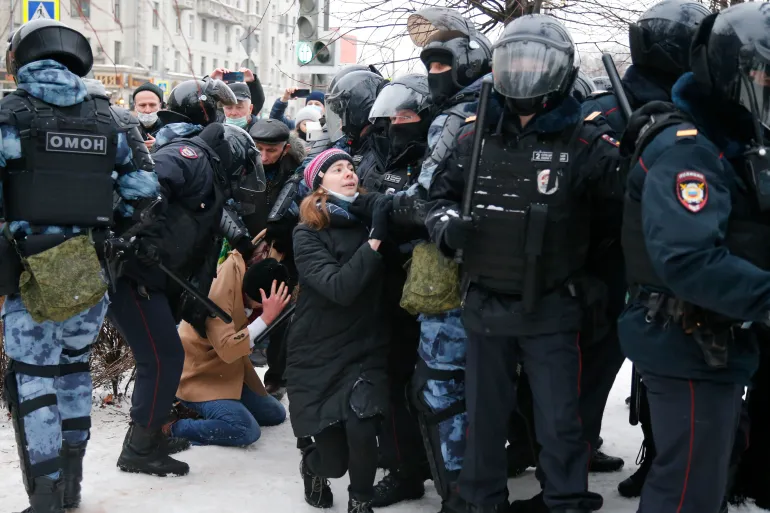On September 29, 2025, President Vladimir Putin signed a law withdrawing Russia from the European Convention for the Prevention of Torture.
This decision means that Russia is no longer obligated to allow international inspectors into its prisons and pretrial detention centers. Complaints from detainees will no longer be reviewed by the European Committee for the Prevention of Torture.
The international community responded sharply. The European Union described the move as “a renunciation of international obligations” and warned that Russian citizens would bear the brunt of the consequences. The UN Special Rapporteur on human rights in Russia has previously stated that “torture and other cruel, inhuman or degrading treatment or punishment are used as state-sanctioned tools for systemic oppression in the Russian Federation.”
For former prisoners of conscience and the founders of the “Perm-36” museum, this news is particularly painful. The museum preserves the memory of Gulag prisoners who experienced firsthand what life in a closed system without witnesses means. Torture in the camps took many forms: cold solitary cells, exhausting labor, deprivation of sleep and food, isolation, humiliation, and a constant threat of violence.
We lived in conditions of total unfreedom. A solitary cell is a concrete bag without a bed or blanket. People were kept there for weeks, in cold and damp, – recalled former political prisoner Sergey Kovalyov, who served time in the Perm camps.
Another former prisoner, Alexander Podrabinek, noted:
They punished in a way that would break a person, but not kill them. It was a system of slow destruction of the individual.
These words of former political prisoners are not only testimony of the past but also a warning for the present. Russia’s withdrawal from the international convention means that the history of closed camps may repeat itself in a new form, when prisons and colonies again become spaces without oversight and without accountability.
It should be remembered that torture and cruel or degrading treatment or punishment are prohibited in Russia by Article 21 of the Constitution: “No one shall be subjected to torture, violence, or other cruel or degrading treatment or punishment.”
The mission of the “Perm-36” team is to preserve the memory of repression and torture so that such things never return. But today’s government decisions indicate that the danger of repeating the past is becoming increasingly real.


